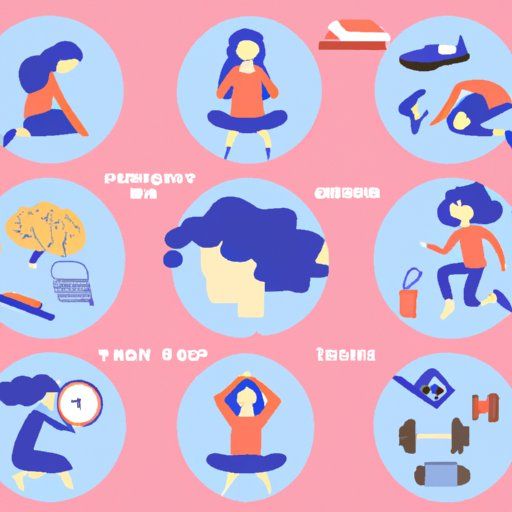Exercise has long been touted for its physical benefits, but did you know that it also plays a crucial role in maintaining good mental health? In recent years, there has been a growing body of research highlighting the numerous positive effects that regular exercise can have on mental well-being. From reducing symptoms of depression and anxiety to enhancing overall mood and cognitive function, exercise is a powerful tool for improving mental health.
Physical Benefits of Exercise on Mental Health
When you engage in physical activity, your body releases endorphins, often referred to as “feel-good” hormones. These chemicals interact with receptors in your brain to reduce your perception of pain and trigger a positive feeling in the body. This natural high can help alleviate symptoms of stress, anxiety, and depression. In addition to endorphins, exercise also increases the production of serotonin and dopamine, neurotransmitters that play a key role in regulating mood and behavior.
Regular exercise has also been shown to improve sleep quality, boost self-esteem, and increase energy levels – all of which contribute to overall mental well-being. Additionally, physical activity can help reduce the risk of developing chronic conditions such as heart disease, diabetes, and obesity, which have been linked to poor mental health outcomes.
Mental Health Benefits of Different Types of Exercise
While any form of physical activity can have a positive impact on mental health, certain types of exercise may be particularly beneficial for different aspects of well-being. For example, aerobic exercises like running, cycling, and swimming have been shown to reduce symptoms of anxiety and depression by increasing blood flow to the brain and releasing endorphins. Strength training, on the other hand, can improve self-esteem and body image by building muscle mass and increasing feelings of strength and empowerment.
Yoga and tai chi are popular mind-body exercises that focus on breath control, meditation, and gentle movements to promote relaxation and reduce stress. These practices have been found to improve mood, reduce symptoms of PTSD, and enhance overall emotional well-being. Additionally, outdoor activities such as hiking, gardening, and nature walks have been shown to have a calming effect on the mind and can help alleviate symptoms of anxiety and depression.
Creating a Sustainable Exercise Routine for Mental Health
While the benefits of exercise on mental health are clear, incorporating regular physical activity into your routine can be challenging, especially if you are dealing with symptoms of depression, anxiety, or other mental health conditions. To make exercise more manageable and sustainable, consider the following tips:
Start small and set realistic goals
Choose activities that you enjoy
Find a workout buddy or join a group fitness class for accountability
Listen to your body and adjust your routine as needed
Practice self-compassion and be patient with yourself
Remember, it’s not about the intensity or duration of your workout, but rather the consistency and enjoyment of the activity that will have the greatest impact on your mental health. By making exercise a priority and finding ways to incorporate movement into your daily life, you can experience the powerful benefits that physical activity has to offer for your mental well-being.
Conclusion
Exercise is not just a means of improving physical fitness – it is also a valuable tool for maintaining good mental health. By understanding the connection between exercise and mental well-being, you can leverage the power of physical activity to reduce symptoms of depression and anxiety, boost mood and cognitive function, and enhance overall well-being. So, lace up your sneakers, hit the gym, or roll out your yoga mat – your mental health will thank you for it.
